Description
Potassium hydroxide (KOH) is a strong base, also known as caustic potash or potash lye. It is an inorganic compound composed of potassium (K), oxygen (O), and hydrogen (H) atoms, with the chemical formula KOH. Potassium hydroxide is highly reactive and has various industrial, commercial, and laboratory applications. Here are some key points about potassium hydroxide:
- Chemical Composition: Potassium hydroxide consists of one potassium ion (K+) and one hydroxide ion (OH-) per molecule. Its chemical formula is KOH.
- Physical Properties:
- State: Potassium hydroxide is typically found as white, deliquescent (absorbing moisture from the air), and highly hygroscopic flakes, pellets, or granules.
- Solubility: It is highly soluble in water, producing a strongly alkaline solution. The solution is commonly referred to as “caustic potash.”
- Strength as a Base: Potassium hydroxide is a strong base and a powerful alkali. It readily accepts protons (H+) in aqueous solutions, making it highly alkaline.
- Common Uses:
- Chemical Manufacturing: It is used in the production of various chemicals, including potassium salts, detergents, and soaps.
- Cleaning and Degreasing: Potassium hydroxide is used as a cleaning agent and degreaser in industrial and commercial cleaning applications.
- Biodiesel Production: It is used in the transesterification process to produce biodiesel fuel from vegetable oils or animal fats.
- Food Processing: It is sometimes used in food processing to regulate pH levels, as a food stabilizer, and for peeling fruits and vegetables.
- Battery Electrolytes: In certain types of batteries, such as alkaline batteries, potassium hydroxide is used as an electrolyte.
- Safety Precautions: Potassium hydroxide is highly caustic and can cause severe burns upon contact with skin or eyes. Proper safety measures, including wearing gloves and eye protection, are essential when handling it. It should be stored in a dry place away from moisture.
- Environmental Impact: Potassium hydroxide should be handled and disposed of in accordance with environmental regulations because of its potential environmental impact. It can contribute to water pollution if not managed properly.
- Soap and Detergent Production: Potassium hydroxide is used in the saponification process to produce liquid soaps, as opposed to sodium hydroxide, which is commonly used for solid soap production.
Potassium hydroxide’s strong alkaline properties make it a valuable chemical in various applications, from chemical manufacturing to cleaning and food processing. It is important to handle it with care and follow safety guidelines due to its caustic nature.

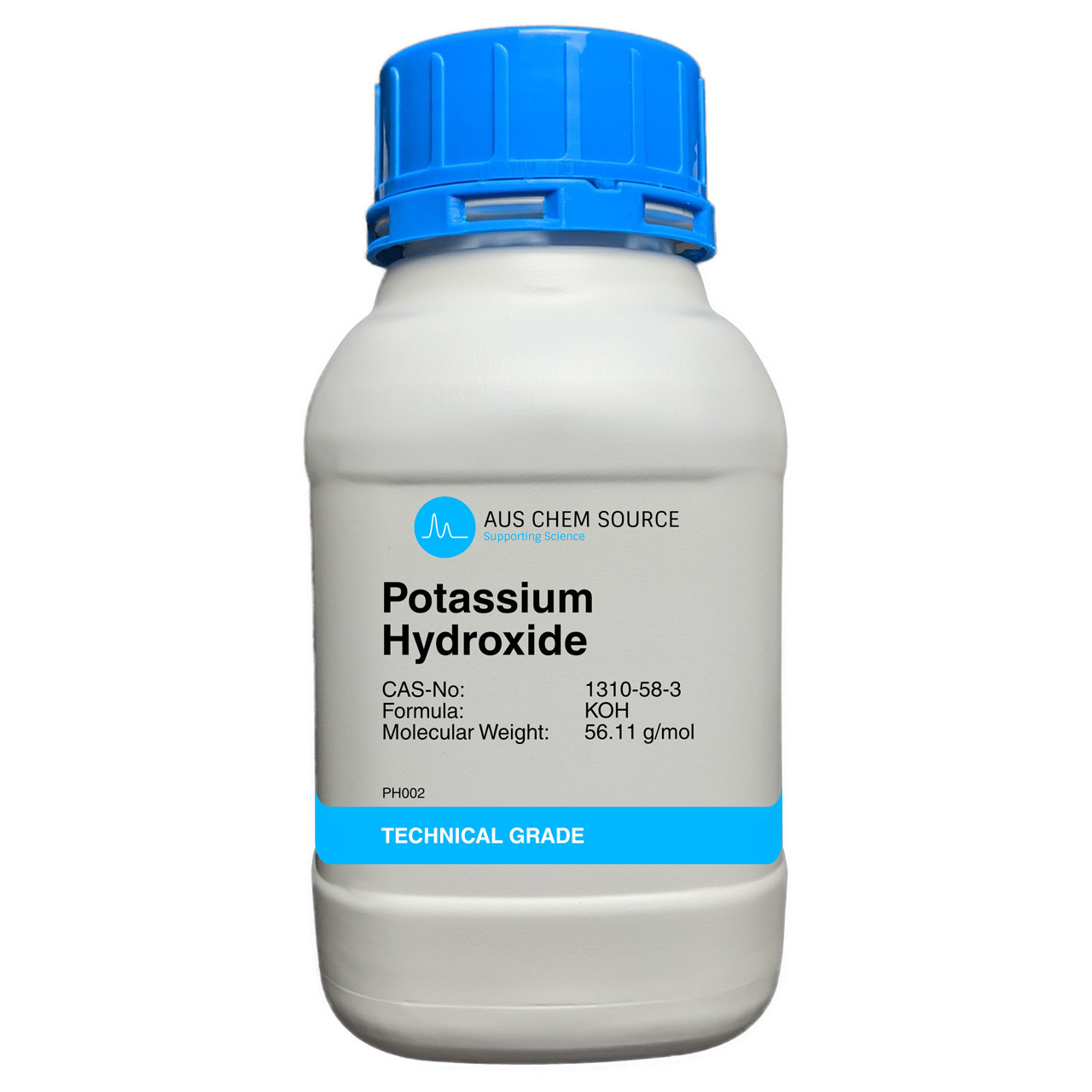
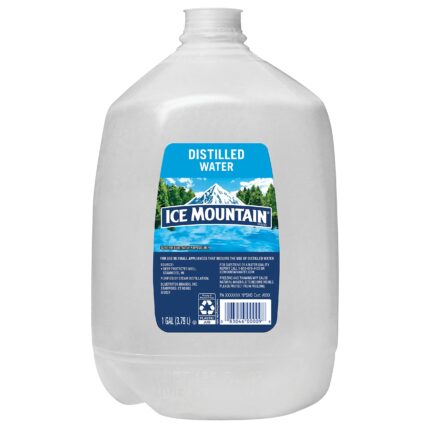
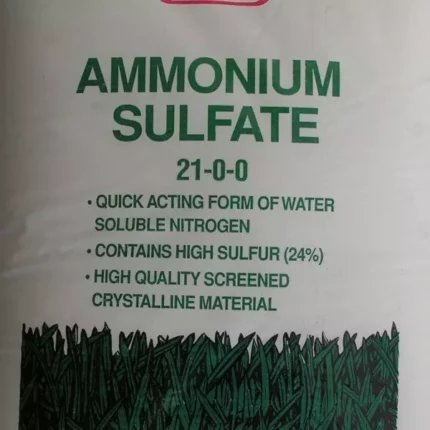
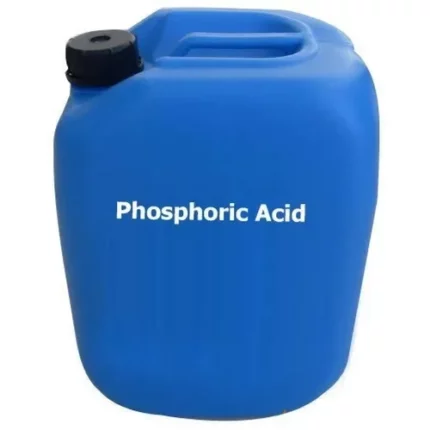
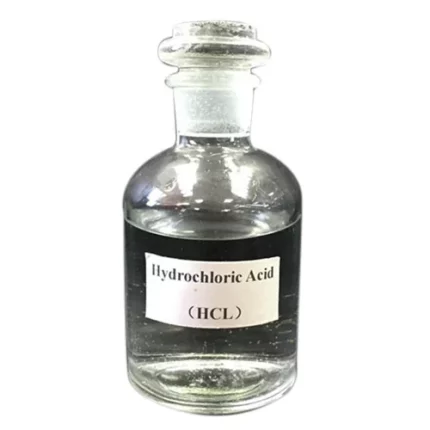
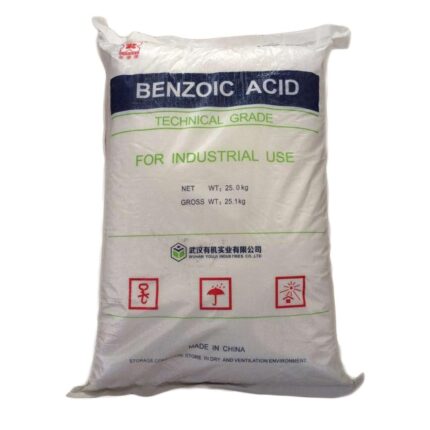
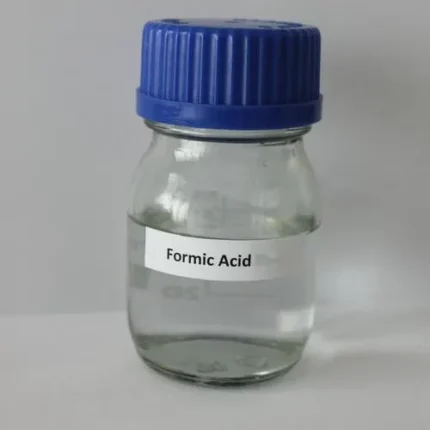
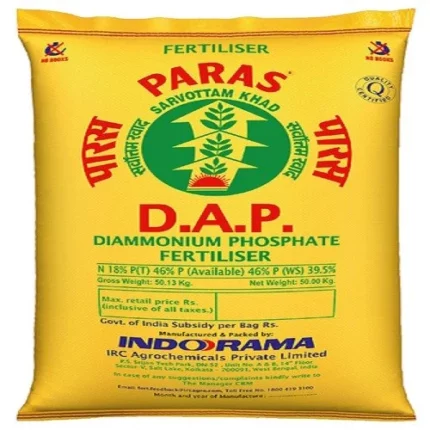
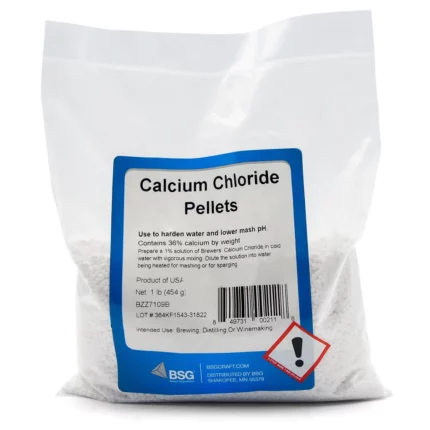
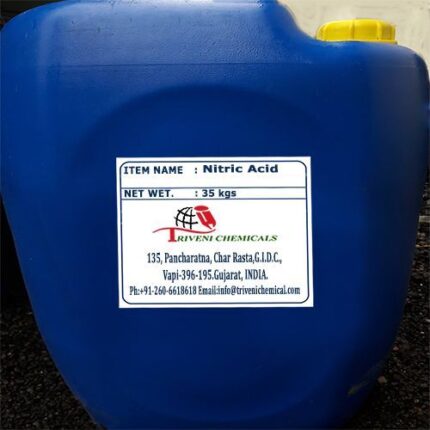
Reviews
There are no reviews yet.